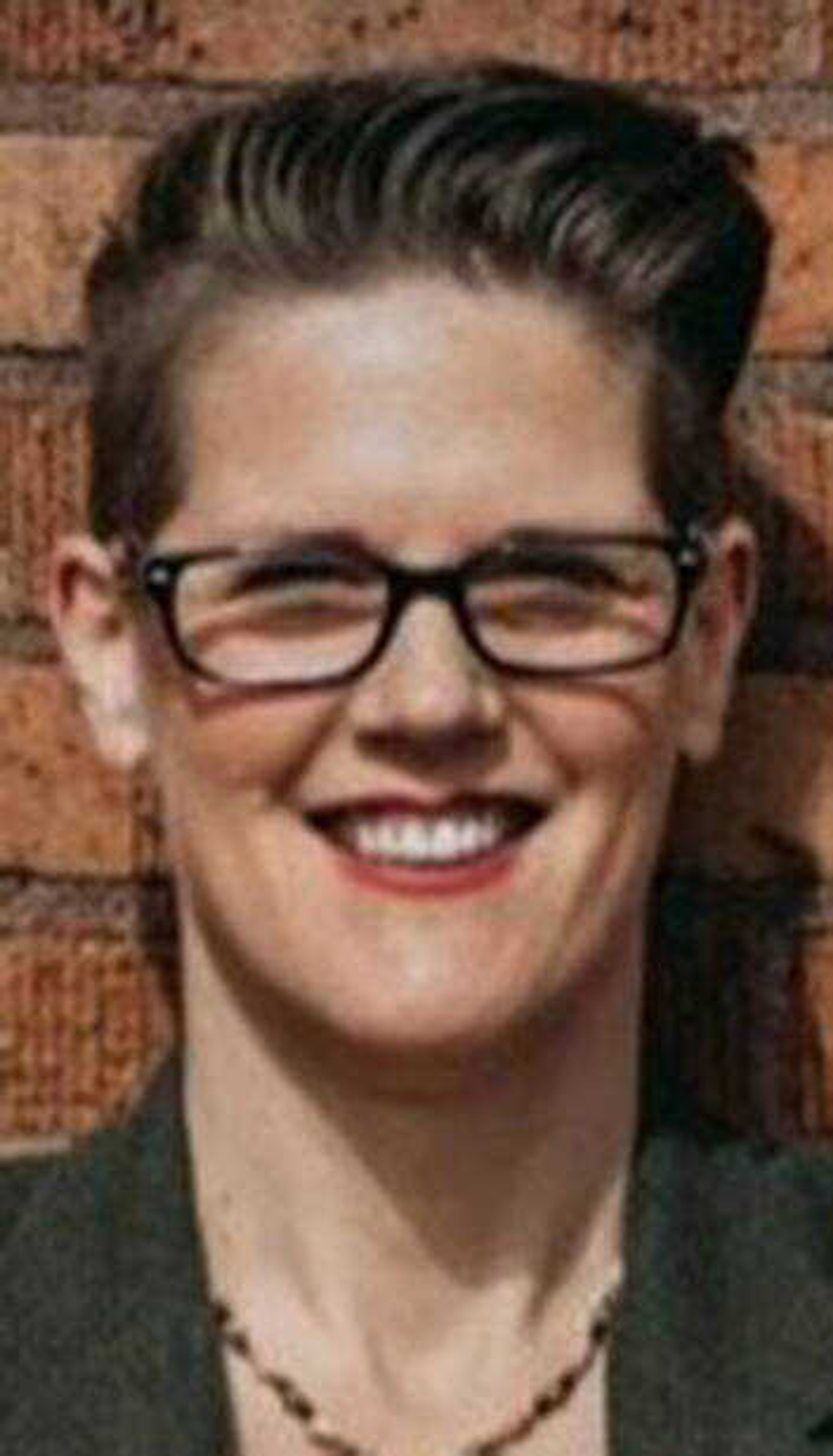Family, and country, divided
My brother is older than me and when I was in high school, he worked second shift. I'd stay up waiting for him to get home and we'd work on jigsaw puzzles on the floor of his bedroom late into the night. Later, we went through divorces at the same time, and we helped each other through our hard times. ...
My brother is older than me and when I was in high school, he worked second shift. I'd stay up waiting for him to get home and we'd work on jigsaw puzzles on the floor of his bedroom late into the night.
Later, we went through divorces at the same time, and we helped each other through our hard times. That was 15 years ago. We've both since remarried and I moved away. Something changed between us along the way, and I somehow missed it. I thought we were just living our lives in different towns. Our values had landed on different sides of the political aisle, but I can't say for certain that's why we don't talk anymore.
He has COVID-19 now. I went to his Facebook profile and was glad to find a public post about his symptoms and how he was doing. As I scrolled through what was public on his feed, I read a meme about blocking people on social media. It wasn't directed at me; he unfriended me years ago. But it gave me an answer to how he felt. The post read, "if you're blocked ... I don't want to see your name, hear your voice, read your words and I don't care what you're doing."
That's the hardest part. When it comes to hashing it out so we can be siblings again, I'm just not worth it to him. Cutting me out of his life and moving forward was his better option. I don't think he likes the person I grew up to become and perhaps he prefers the echo chamber that like-minded people can provide.
I fear what has happened between my brother and me is happening everywhere in our country. Hard lines are drawn, communication stops and we no longer seek common ground. We live between the layers of us and them, right and wrong. We live in a space that cannot find resolutions beyond accountability and blame. We don't want relationships, we want vindication. We've moved from an understanding people may think differently to labeling people good or bad.
Changing hearts and minds has to come from a willingness to first listen to the other person's starting point.
Deeyah Khan made the documentary "White Right: Meeting the Enemy." It's about the time she spent with white supremacists. She is a Muslim woman who understands the process and the necessity of really listening. Her willingness to listen did not mean she justified or excused a belief system she vehemently disagreed with. She listened to better understand. She believes this process, though slow, can be more effective at counteracting hate. And three years after meeting a leader of a white supremacy group and featuring him in her documentary, he has left the group. Incredibly, knowing Deeyah Khan inspired his change of heart.
If we cannot figure out how to start listening, our families and communities will remain divided, and progress will only happen in response to tragedy and eruptions in our streets. What we cannot express in productive conversation we will weaponize instead.
I struggle with the fact my brother is unvaccinated and sick with COVID-19. But I have no control over his vaccination decisions. No matter what, I treasure every good time we've had together, both as young kids and as adults. I'm grateful he was my brother when he was willing to be.
I know the odds are he'll recover, but I'm still worried I might lose him. Even if the truth is I already have.
Connect with the Southeast Missourian Newsroom:
For corrections to this story or other insights for the editor, click here. To submit a letter to the editor, click here. To learn about the Southeast Missourian’s AI Policy, click here.










